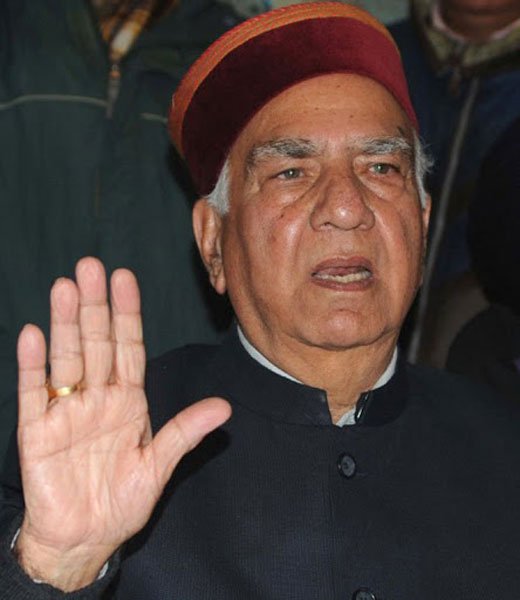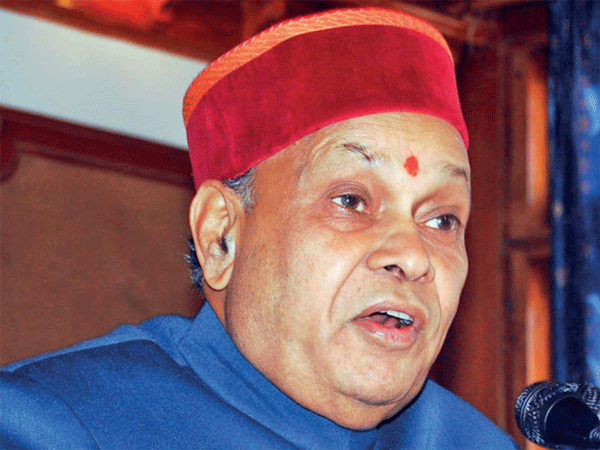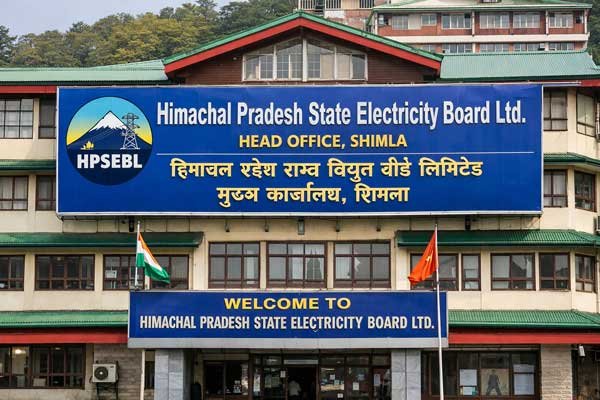
Source of Image Internet. Used for indicative purpose only
The issue of reservations, yet again at the center stage of debate and discussion in the Indian society, ceases to end. With newer dimensions and groups being considered and added to the existing social groups for whom the policy was hitherto conceived, the policy has almost stretched to its limits. Conceived initially as a part of the social justice agenda of governance to equalize glaring social, political, cultural, educational and economic disabilities within the mainstream social groups and the Scheduled Castes (SCs) and the Scheduled Tribes (STs), whose marginality and exclusion were determined on the basis of caste-based untouchability, social isolation and other associated factors, it has over time extended to include other groups– the Other Backward Classes (OBCs) and the Economically Weaker Sections (EWS) within the forward castes and the general category – whose marginalization is based on factors such as class.
Added to the inclusion of such groups are growing demands from other dominant sections of the Indian society – the Jats in Haryana, the Gurjars in Rajasthan, the Patels in Gujarat, the Marathas in Maharashtra etc. – for being considered for reservations under affirmative action. Interestingly, while access to the SCs, the STs, the OBCs and the EWS was equalized on consideration of various anthropological, sociological, economic and human development indicators, that for other dominant groups (in cases where provided) was purely on grounds of political posturing and muscle flexing. Additionally, quotas provided to such dominant groups extend the ambit of the reservation policy beyond that mandated by the constitution. It is hardly surprising then that such legislations became a matter of judicial consideration and have subsequently been struck down as untenable under the law, unless in cases where the constitution per se was amended.
Concomitant to the above developments, demands for reconfiguration in the existing reservation policy (especially for the SCs and the STs) have surfaced consistently. It has been argued that the existing reservation policy for the SCs and the STs has only succeeded in creating a ‘creamy layer’ and that the ‘emancipated’ among them continue to secure benefits, which otherwise should have accrued to the most marginalized among them. This aspect of the debate negates the historicity and continuation of the marginalization of such social groups and has, for political and social purposes, resulted in ‘de-categorization of categories’ – with the social categories ‘Dalit’ and ‘poor’ being re-conceptualized as ‘mahadalit’ and the ‘atipichhda varg’.
The narrative further adds issues of ‘merit’ and ‘efficiency’ in the debate to challenge the efficacy of the reservation policy itself. It is contended that reservations were only intended for an initial period of ten years and their continuation thereof should be subject to verifiable criterion. While the ‘merit’ and ‘efficiency’ arguments have largely been debunked by various studies, which have both theoretically and statistically (including that of the government) demonstrated the untenability of such arguments, the debate is far from settled.
While the homogenization and addition of various castes and social groups on criterion of economic marginalization and class have been welcomed by proponents of the reservation policy, there have been some developments of late, which have brought the project of affirmative action under reservations to a standstill.
In April 2017, the Allahabad High Court legislated that no reservation to the post of lecturer as per the Uttar Pradesh Higher Education Service Commission Act, 1980 be provided if the number of posts in the cadre is less than three and that the roster for the post of lecturer should be based on ‘subject-wise’ treatment of a college as a ‘unit’. The judgement further held that in a cadre with minimum five posts, one post each should be reserved for the SC and OBC categories. In response to the judgement, the University Grants Commission (UGC) in March 2018 announced a new policy, which mandated reservation of positions by subjects in colleges and departments in universities. Given the implications of the order, the government filed a Special Leave Petition (SLP) in the Supreme Court challenging the Allahabad High Court order. In February 2019, the SLP was subsequently vacated by the Supreme Court upholding the Allahabad High Court order. The government, under the aegis of the Ministry of Human Resource Development (MoHRD), then announced its intent of bringing in an ordinance in the Parliament to resolve the issue (yet to be introduced).
The issue assumes serious proportions considering the fact that employment under reservations in educational institutions has been far from satisfactory and the order, if implemented, would further reduce the intake of candidates from the SC, the ST and the OBC categories considerably. The Indian Express, obtained data from the Department of Personnel and Training, UGC and MoHRD, noted that the candidates from the SC, the ST and the OBC categories are underrepresented in most government institutions, including central universities.
The data obtained from 40 central universities indicated that of a total of 1,125 professors, 1,071 (95.2 per cent) were from the general category, 39 (3.47 per cent) from the SC category, 08 (0.7 per cent) from the ST category and none from the OBC category. For a total of 2,620 associate professor posts, the representation for general category stood at 2,434 (92.90 per cent) followed by 130 (4.96 per cent) for the SC and 34 (1.30 per cent) for the ST candidates. The OBC category again did not find any representation for the position. In the case of the position of assistant professor, of a total of 7,741 posts, 5,130 (66.27 per cent) were general category, 931 (12.02 per cent) by SC, 423 (5.46 per cent) by ST and 1,113 by the OBC category respectively. In terms of non-teaching positions as well, employment under reservations was far from satisfactory. From a total of 5,835 positions, 4,443 (76.14 per cent), 694 (10.17 per cent), 523 (8.96 per cent) and 248 (4.25 per cent) were held by candidates from the general, OBC, SC and ST categories.
The data, drawn primarily from official sources, clearly establishes flaws in the implementation and therefore, sets the agenda for a clear rethink. Two aspects, ideological and procedural, need to be outlined. While the ideological aspect pertains to the very intent of the government to implement the agenda of social justice, the one related to procedures must answer why constitutionally mandated reservations have not been implemented in the spirit.














